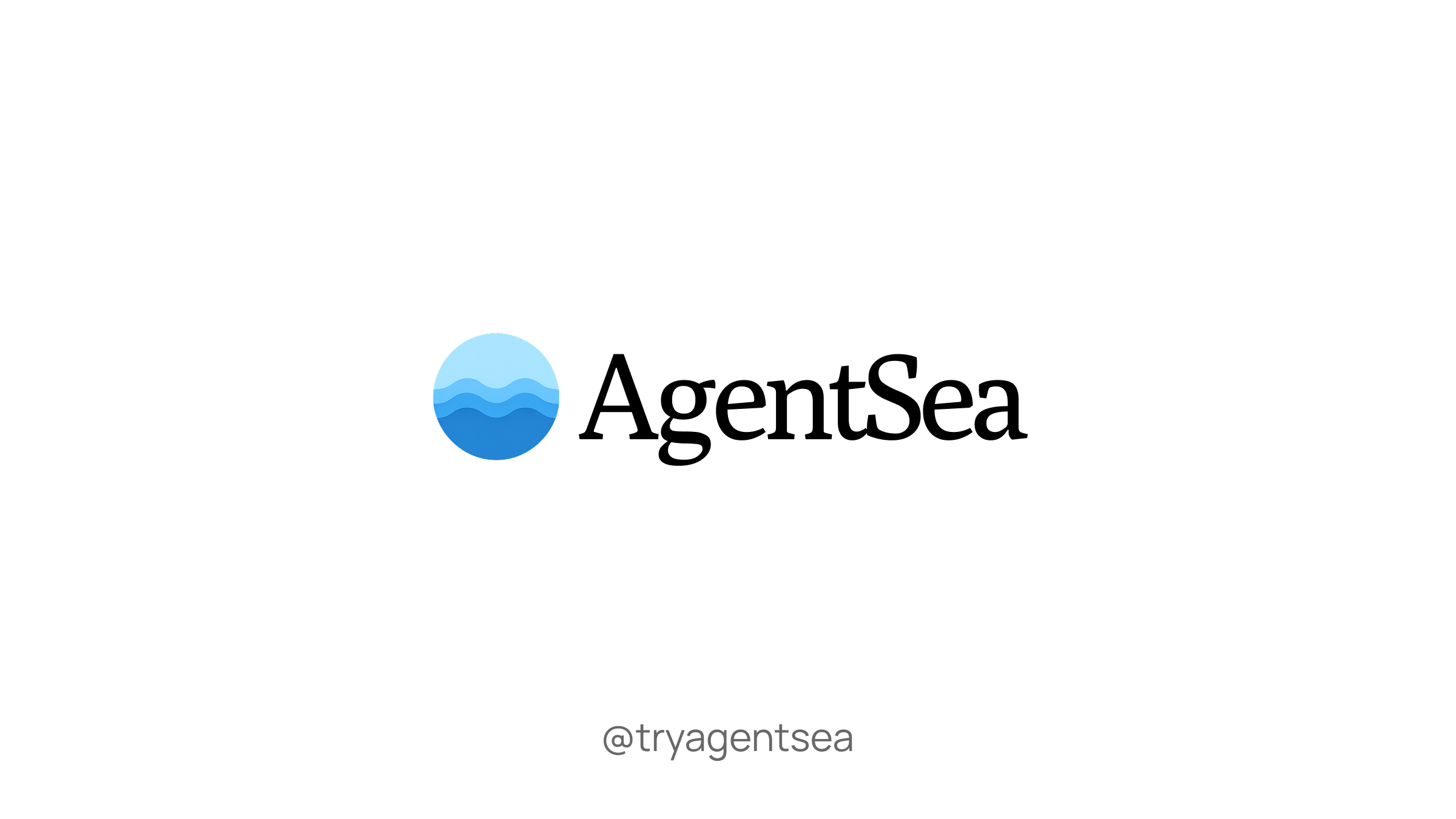Stocks have reached new highs on the backs of investor exuberance over artificial intelligence.Jeenah Moon/Reuters
Back in 2012, when I was still an engineer working in tech, I was terrified of having my job outsourced.
My co-workers, expecting to be replaced by remote workers making $5 an hour in developing countries, competed in what we called “the stress Olympics.” People would regularly skip vacations and brag about their stress-induced blood clots.
It got so bad that one collapsed at his desk from overwork. In the emergency room, the doctors said the stress he had put on his body was as bad as smoking two packs of cigarettes a day, even though he was a non-smoker. He returned to work seven days later, like nothing had happened.
A round of layoffs soon followed, disguised as a “departmental re-organization,” but it was obviously outsourcing. The company’s stock immediately shot up and investors rejoiced, indifferent to the human suffering driving it all.
That was my wakeup call that maybe, just maybe, it was better to be an investor than an employee.
The AI boom is back – buckle up
So, I made a big decision. I decided to ditch my dream of owning a house. Like most Torontonians, my entire career up to that point had been in the service of climbing aboard the all-important property ladder.
But I realized that when it came to owning real estate, every path I chose required me to remain gainfully employed for the next quarter-century. I couldn’t predict what would happen to my job over the next 25 months, let alone the next 25 years.
So I took my down payment fund and invested it. Everyone thought I was crazy to bet on something as risky as stocks when I should have been betting on housing. Meanwhile, I thought everyone else was crazy for jumping into massive mortgages and becoming dependent on their job for decades when that job could disappear with no warning – and no recourse.
Within three years my investments had grown so much that I didn’t need my job to pay my bills any more. So I handed in my notice and never looked back.
That was 2015. Ten years later, as I see what’s happening in the labour market, I can only conclude that things have gotten immeasurably worse. Now, even the remote workers making $5 an hour are stressing out about losing their jobs, because they’re being replaced by machines.
AI can work for even less than that. It also never takes sick days or vacations, can work around the clock and will never ask for a raise. How can any human worker compete?
In fact, AI is such a threat to employment that Bill Gates has predicted it will replace most jobs in the next 10 years.
Software engineers aren’t safe. Microsoft recently said 30 per cent of its code is written by AI. Facebook is building AI that can build other AI models. And even brain surgeons aren’t immune now that AI can perform surgeries without human help.
With so many jobs being replaced, unemployment is bound to tick up, and that’s exactly what’s happening.
Canada’s unemployment rate rose to 7.1 per cent recently, its highest level since 2016 outside the pandemic. A combination of stress from tariffs and jobs being replaced by AI has created the most brutal job market I’ve seen since the 2008 financial crisis.
You’d think the stock market would follow suit, but somehow the opposite has been true. The TSX has gained a whopping 18 per cent year-to-date, reaching an all-time high.
As AI replaces more jobs, companies reduce costs, become more efficient and increase their profits, causing their stock prices to shoot up. The safest place to be, therefore, is on the side of investors.
Early retirement is not about deprivation. It’s about spending money on what brings you joy
By simply investing in low-cost index funds, like the ones that helped me and my husband retire, you will participate in the AI revolution by owning shares in every other company listed on the index. Diversify, invest passively, and you will win in the long run.
We can’t stop the AI revolution. We can’t control what happens at work. The only thing we can control is which side of the equation we’re on. By becoming investors, we can reap the benefits without worrying about what happens to our jobs.
Ten years ago, FIRE was a fringe movement, filled with counterculture people who valued freedom over possessions. But now, as AI comes for our jobs, even previously rock-solid careers such as software engineering are no longer safe. FIRE is becoming a necessity.
The days of relying on your job for 25 years are over. Be an investor, not an employee.
Kristy Shen and Bryce Leung retired in their 30s and are the authors of the bestselling book Quit Like a Millionaire.
.png)

![High-Performance Branch-Free Algorithms for Extended-Precision Floating-Point [pdf]](https://news.najib.digital/site/assets/img/broken.gif)

